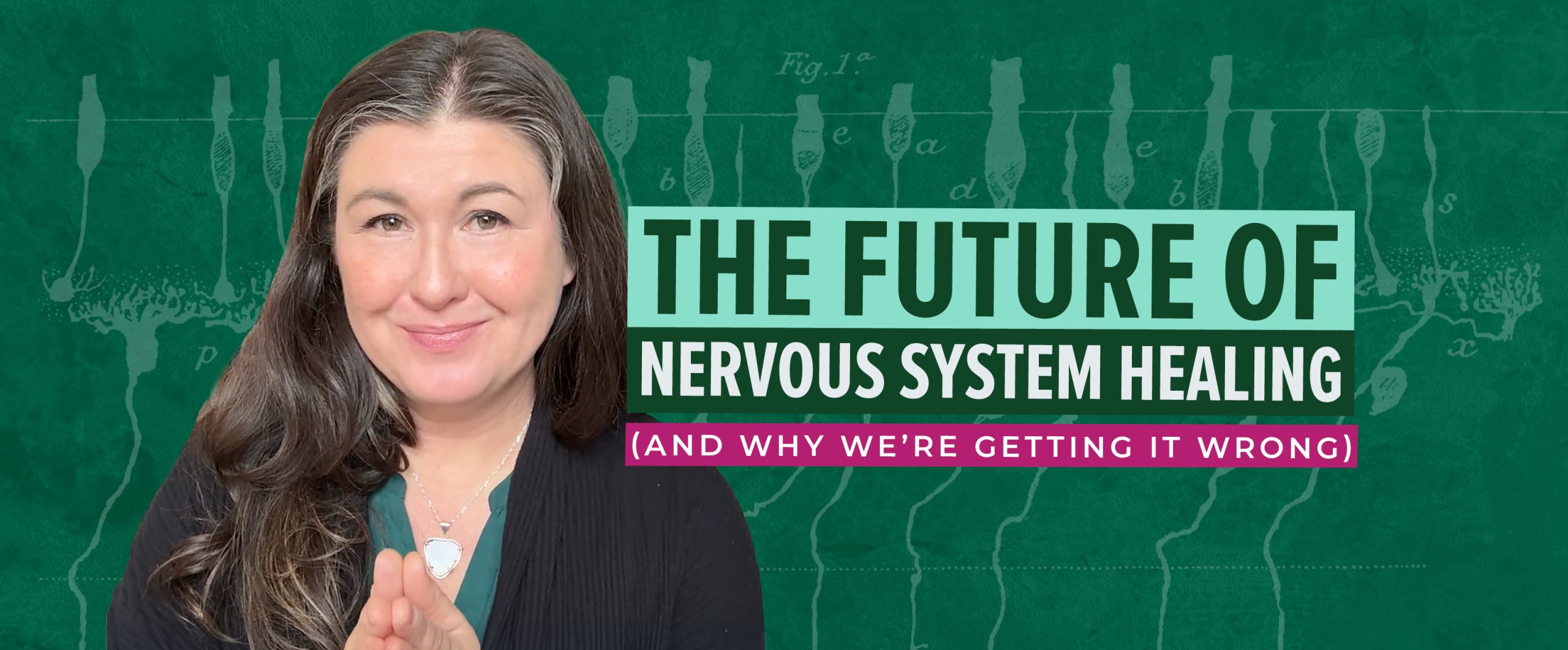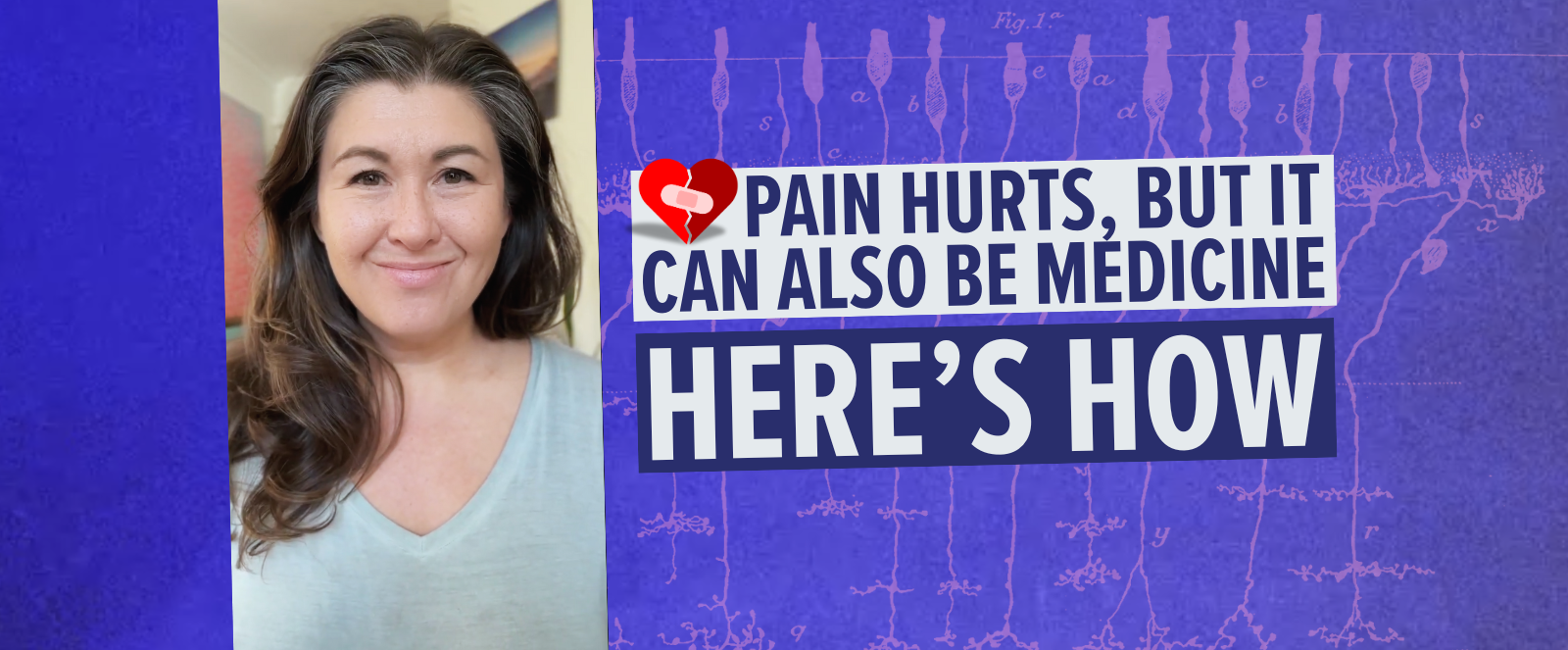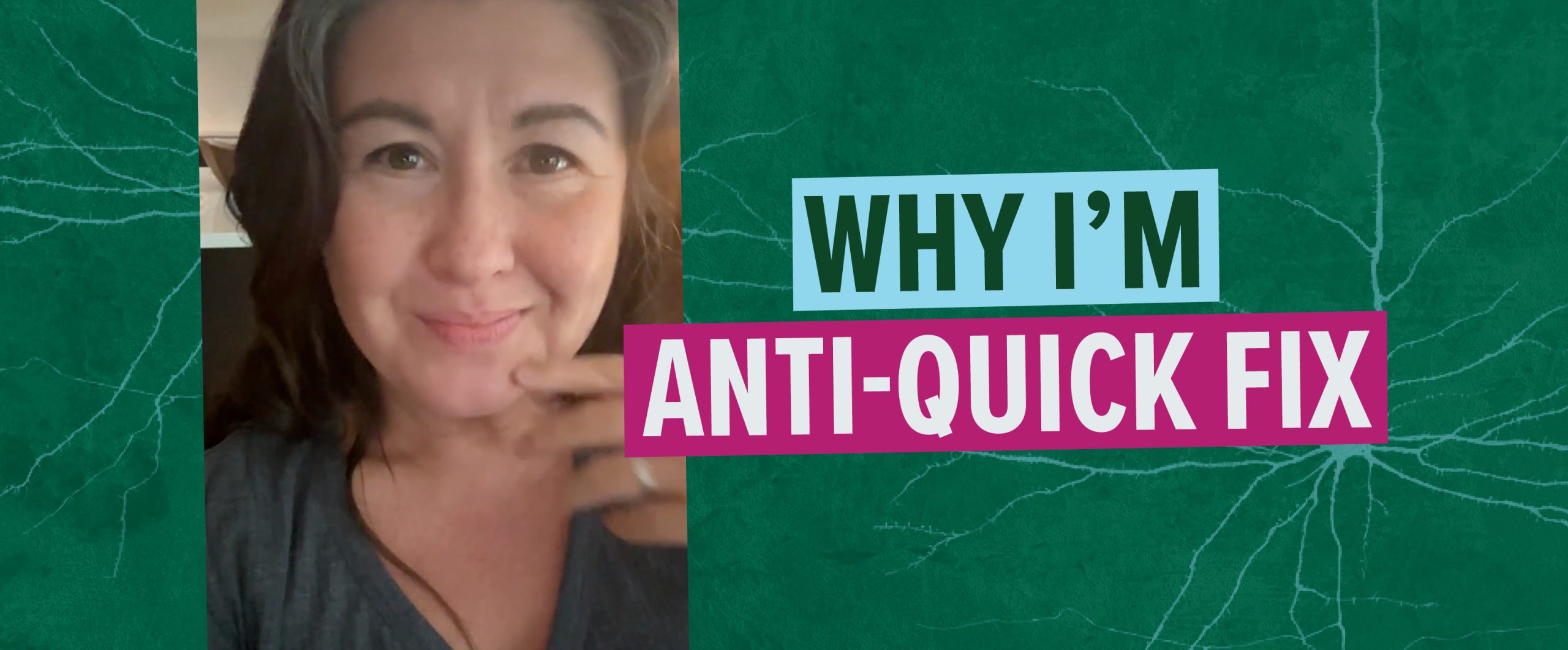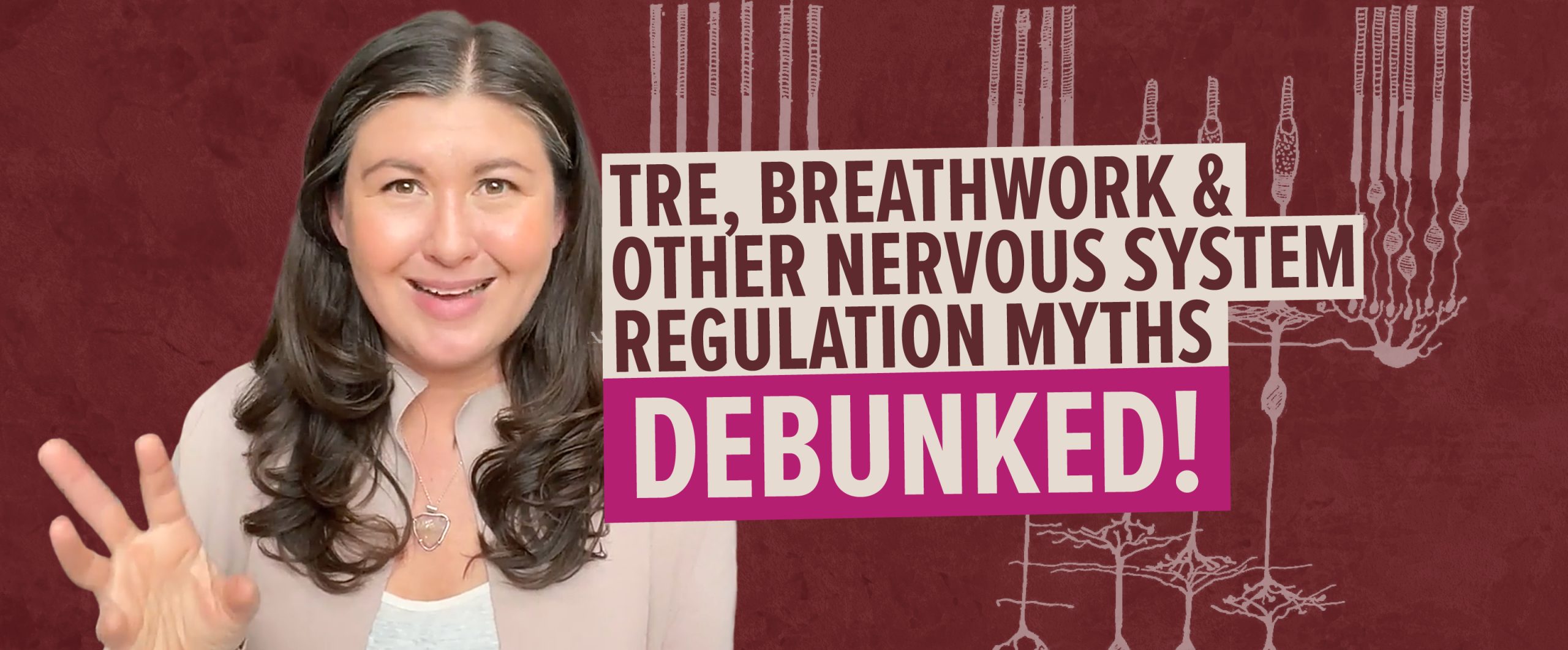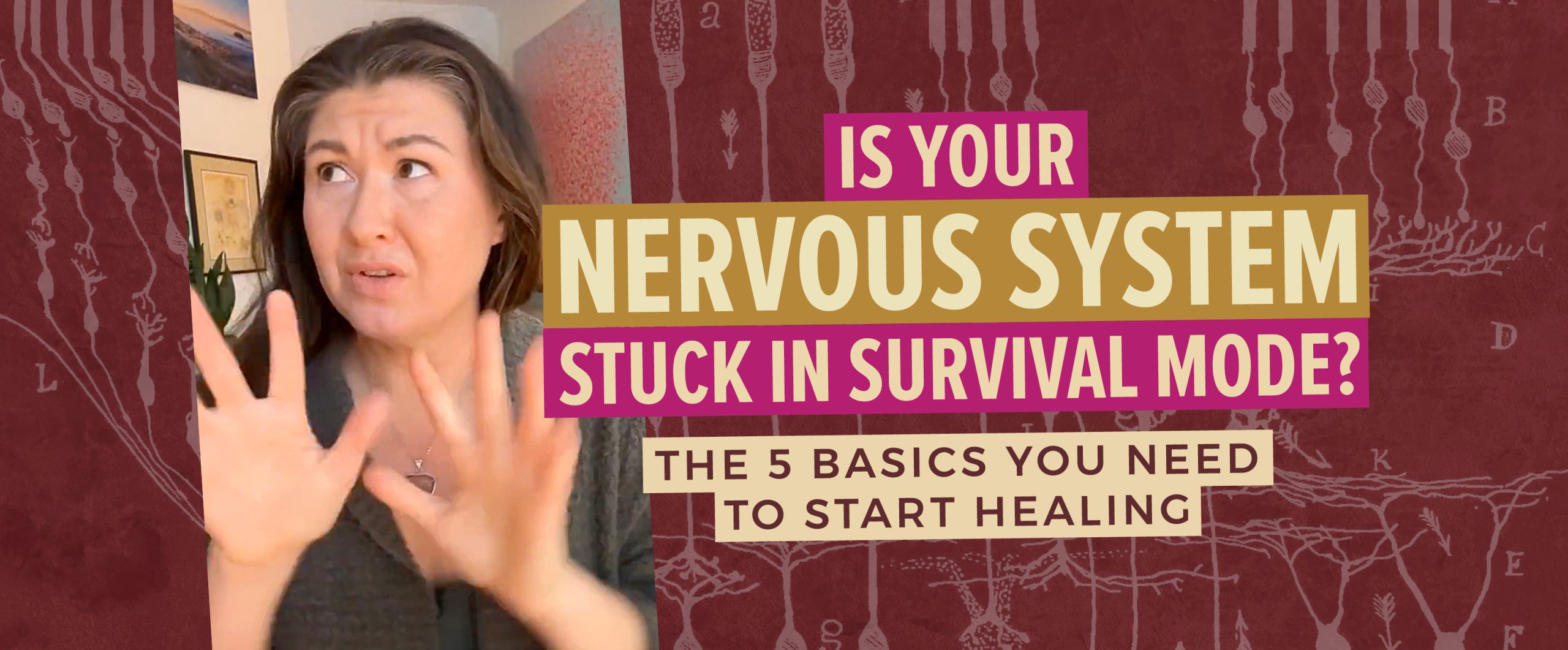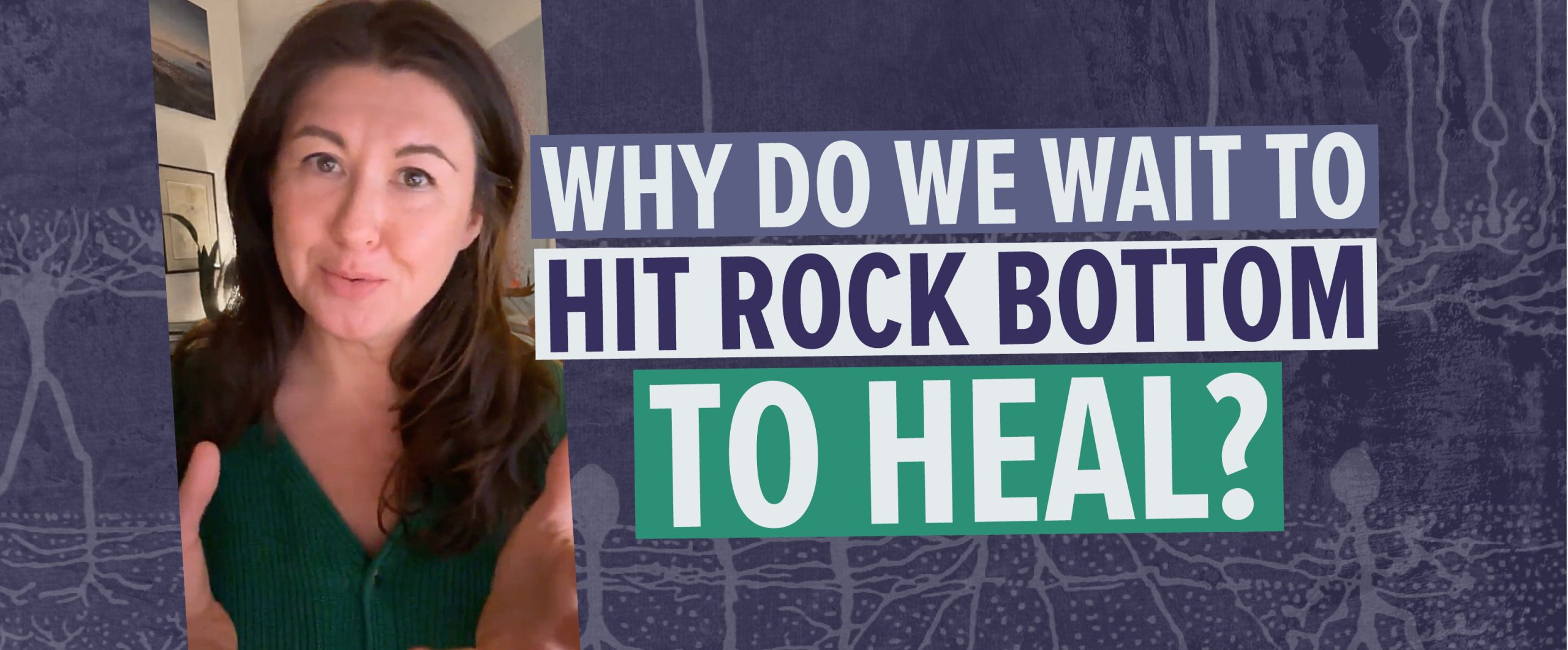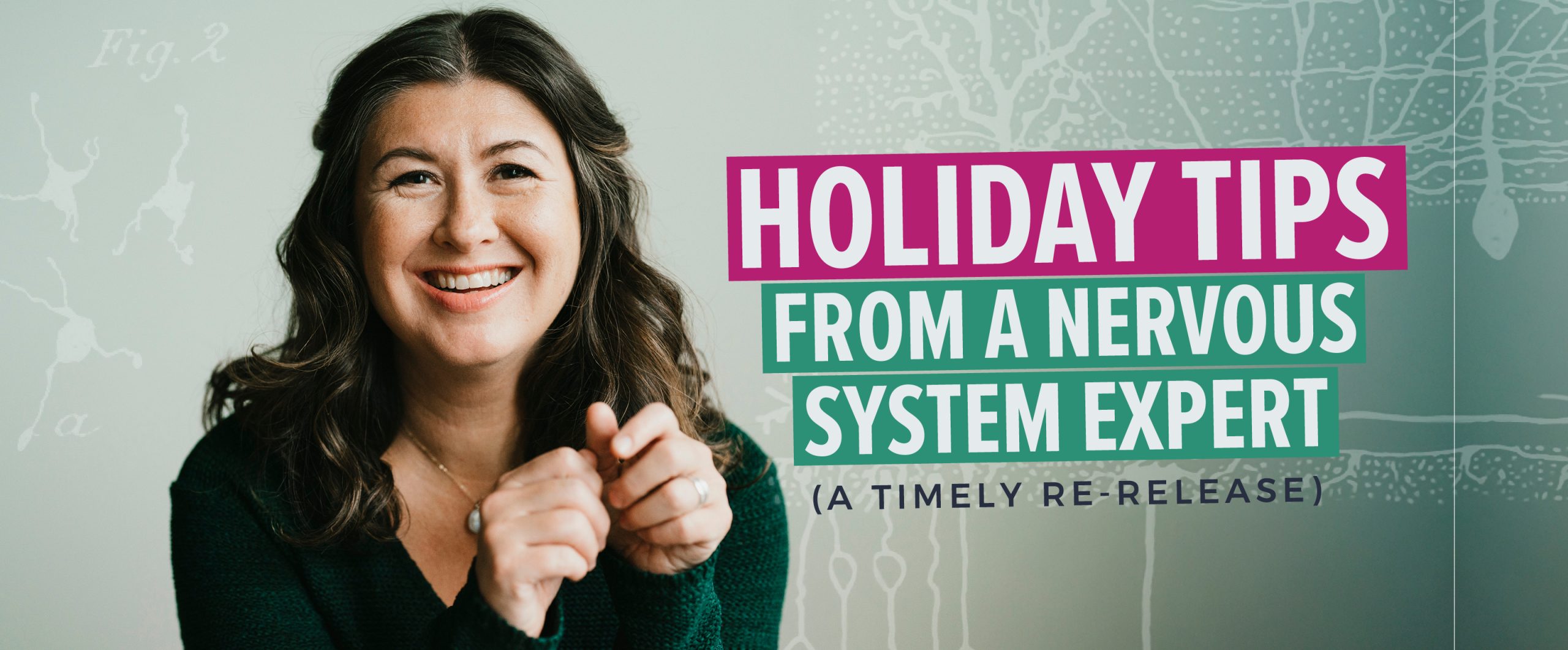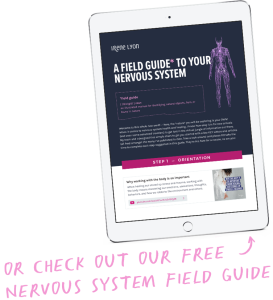I ended Part 1: Refining the Somatic Practices: The Story of Jenny and Susan, with this question:
“How can we evolve our somatic practices to meet the changing needs of people, not to mention the diversity of people coming to us, especially in a class format?”
First of all, a definition of “Somatic Practice”
The word “somatic” comes from the greek “soma”, or *body. A somatic practice (some call them mind-body classes) is the yoga class, the meditation class, Tai-chi class, Kung Fu class, really, anything that we do that involves our body. Exercise classes could be put into this realm, as could music and art class, because with all of them, you must use your body. Without your body and without your movements you would have very little to work with. Of course, the more refined you are at using your body, and the more practice you have, the more you get out of it. But the question still remains – how do you refine these practices?
(*I use the term “body” to mean ALL OF YOU. Not just the tangible pieces that you can touch and see like your skin and limbs, nor the pieces that you can voluntary control like your muscle movements, but also your brain, your mind, all the cells ticking away, your senses, the electrical energy you have pulsing through your nerve pathways and even the more spiritual aspects of your body that many choose to work with: Body in this sense = EVERYTHING.)
My Science Geek Shines Through
With the mantra “must refine somatic practices” infused in my cells, I now look at my own private practice. I am intrigued by the theory and principles of what I teach. I’ve started to critique the work. Asking questions like:
- Why is it so hard for people to keep the after-effects, or the by-products of a lesson?
- Why do some people love certain lessons, while others feel ill to their stomach with the same ones?
- Why is the transfer from ‘class time’ and the quality gained after a lesson so difficult for people to assimilate into their lives?
Then these questions followed:
- How can the subtle pieces I’ve learned from my studies of biology and trauma aid and improve a person’s learning environment?
- What do I need to observe, and then do in my teaching for the most optimal conditions for learning to occur, especially when you may have 6 Jenny’s and 6 Susan’s (in the same class)? (Be sure to read the story of Jenny & Susan from Part 1)
- What can be done to cultivate an experience so that a transfer of learning- from class to outside world – occurs and STICKS?
How can I test these questions?
My Solution: Start a New Class! That is what “Titrate THIS!” is all about.
(You can read a more explicit post on the theory of this class here.)
With any good hypothesis and scientific study you must have some things in order. Things like:
- Very definite questions, or “The Hypothesis”
- Review of information pertinent to the question, or “A Literature Review”
- A mode in which to test your questions, or “The Methodology”
- The assessment of outcomes, or “The Results”
- Final closing thoughts on all of the above, or “Conclusions and Recommendations for the Future”
I’ll be writing more over the next few months to describe this personal self-run study. Whatever the outcome, I do hope it gets others (both my colleagues and my clients) questioning whether or not what they practice is actually refined enough to be effective both in the classroom, and most importantly, the moment participants leave and are left to their own devices.
After all, is that mind-body class or bodywork session really worth your hard earned dollars if you are simply waiting for it to be over, and/or, you lose all the goodness gained the moment you exit the waiting room?
Thanks for being interested and reading! Irene.
——
For the keeners! I’ll be adding to this review as time goes on. Much will be written on Feldenkrais movement lessons, techniques and theory cultivated by Dr. Peter Levine, Dr. Feldenkrais’ theories and principles, as well as other somatic practices and philosophies that enhance ‘how a human best learns’ and ‘how they can become more functional and evolved for life’.
If you’d like to peruse some background info that is pertinent I’ve listed some other posts:
Titrate THIS! A new class for 2011. Learning how to become your own best medicine

